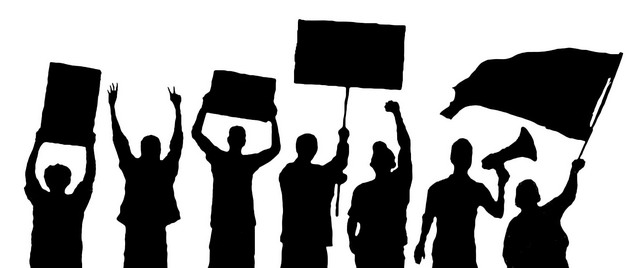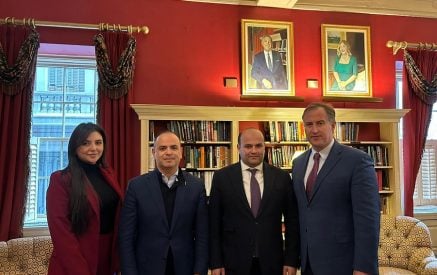The 13th-century thinker Thomas Aquinas claimed it is not essential whether the thought expressed belongs to a pagan or a Christian, whether it is your own or taken from some book. The only important thing is whether it corresponds to the truth or not. If it fits, it is from God and serves the common good.
In the Armenian reality, no problem is seriously discussed, first of all, because any claim is contested by referring to the actual or supposed shortcomings (mistakes, sins) of the person expressing that thought. That style is primarily specific to the current government. For example, when an opposition MP expresses concern about the situation at the border, the answer is approximately as follows. “You are wrong because you became a deputy with Kocharyan’s looted money,” or: “You are wrong because, in 2007, your leader Kocharyan favored the “Madrid principles.”
But such logic and practices are characteristic not only of the authorities but also of all politicized circles. The latest example is another clash between Dashnaktsutyun and Zareh Sinanyan. The Diaspora Affairs Commissioner (whoever he is) should have the opportunity to discuss pan-Armenian issues with the Armenian communities. These discussions can be very sharp, the parties can have opposing views, but they must occur in all cases.
The same is in the parliament, academic circles, and the media. In my view, when the enemy is preparing to start a new war, it is inadmissible to be petty in internal political contradictions. Being guided by the slogans “either us or them,” “either black or white,” and “everything or nothing” in one’s inner life means going to new defeats and new losses.
Read also
In general, I am sure, in the foreseeable future, the issues should be resolved at the “over-party” level by people and organizations without political ambitions. To put it mildly, a sharp internal political struggle in this situation is inappropriate. I respect all the parties, but they should take a particular “step back” today.
Aram ABRAHAMYAN





















































